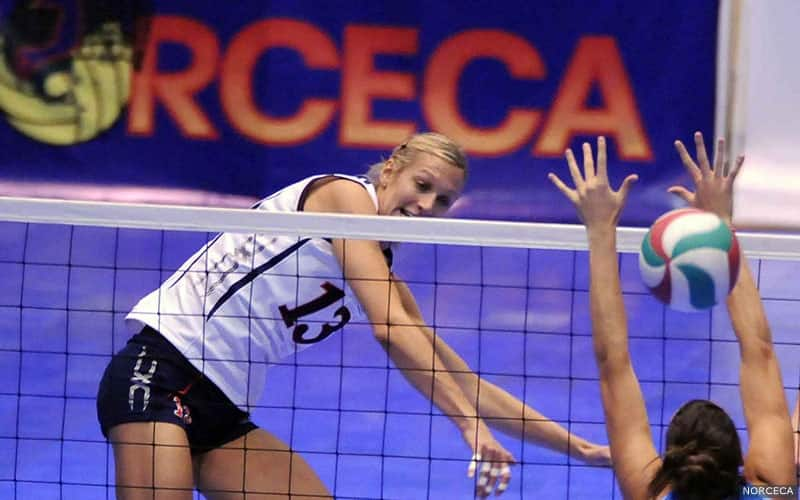
Guide To Being a Great Captain
Two-time Olympian Christa Dietzen shares advice for current or future team captains.
Resources for
Follow USAVolleyball
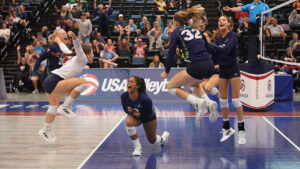 USA Volleyball Education is focused on improving developmental and educational opportunities across the sport of volleyball from grassroots to the national team level. Our goal is to provide the opportunity to access, complete and apply high-quality information and methods in the technical, tactical, physical and emotional aspects of the game for athletes and coaches while providing training, support and resources for other key stakeholders including officials, parents and clubs.
USA Volleyball Education is focused on improving developmental and educational opportunities across the sport of volleyball from grassroots to the national team level. Our goal is to provide the opportunity to access, complete and apply high-quality information and methods in the technical, tactical, physical and emotional aspects of the game for athletes and coaches while providing training, support and resources for other key stakeholders including officials, parents and clubs.
For years, the focus of volleyball in many areas and across various levels shifted to a mindset of winning at all costs.
What we now know is that the most successful teams in the world have developed a model of training and a culture that supports a holistic approach to athlete development which not only sets them up for competitive success on the court, but values and emphasizes the important of athlete health, well-being and long-term involvement in the sport.
The USA Volleyball Development Model was created based on the idea that volleyball in the U.S. could be taught differently, resulting in long-lasting positive outcomes across all measures of performance while keeping kids involved and loving the game longer.
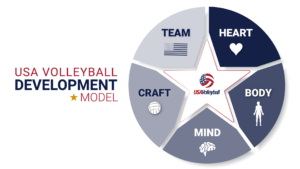
The five pillars of the USA Volleyball Development model provide the basis for a holistic approach to the core elements that are vital to supporting development at every level and across age groups.
USA Volleyball Education is committed to providing support for the volleyball community with a role-based approach to education and training. Whether you’re planning practices, cheering from the stands or making the right call, we provide the tools and resources to help you succeed.
USA Volleyball partner Sports Imports has provided USA Volleyball coaches with drills for use with their Trainer+ and The Vertec.
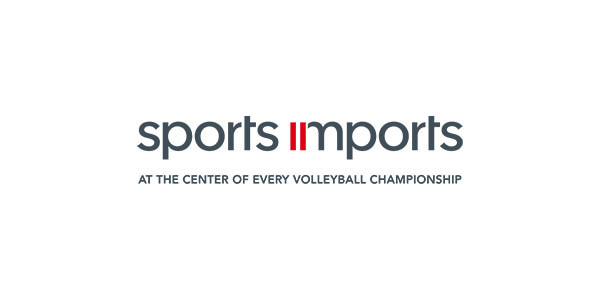

Two-time Olympian Christa Dietzen shares advice for current or future team captains.
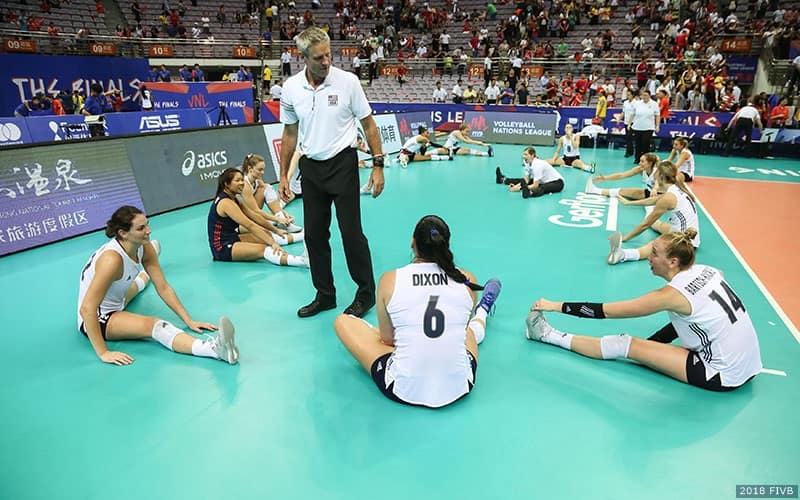
There's a difference between clocking in and clocking out, and engaging in purposeful practice.
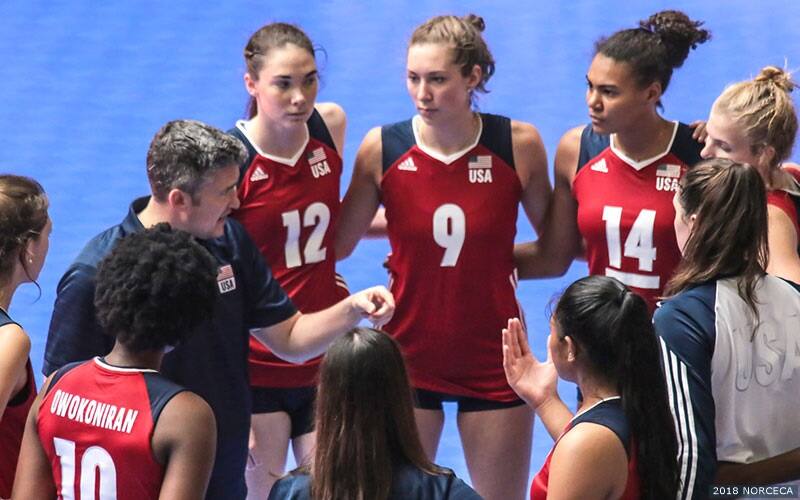
Five keys to better understanding and working with your coach
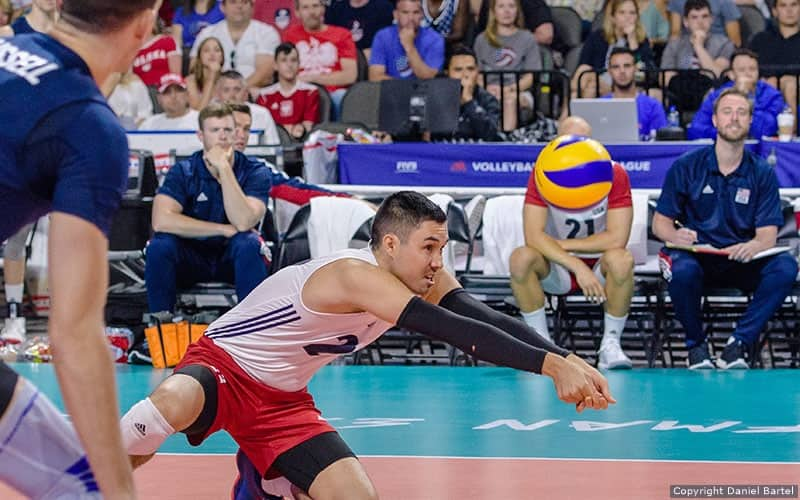
Learn from the best, with tips from Erik Shoji, Kayla Banwarth and more.
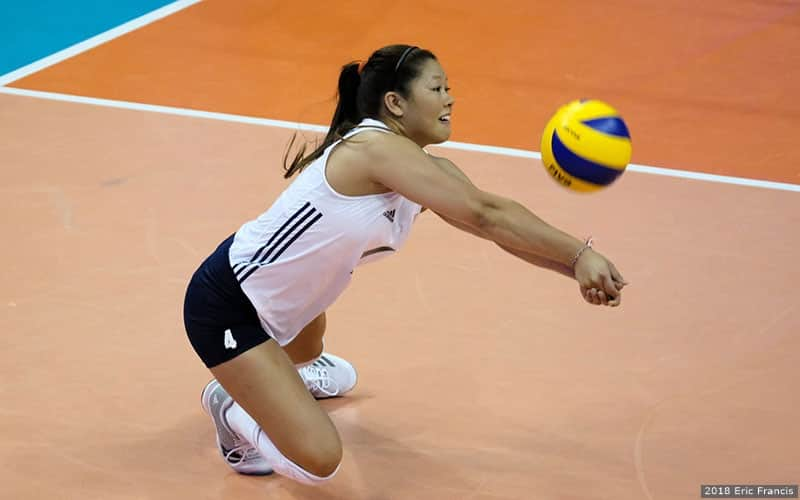
Ken Shibuya shares defensive tips he's learned from coaching athletes in across the world.
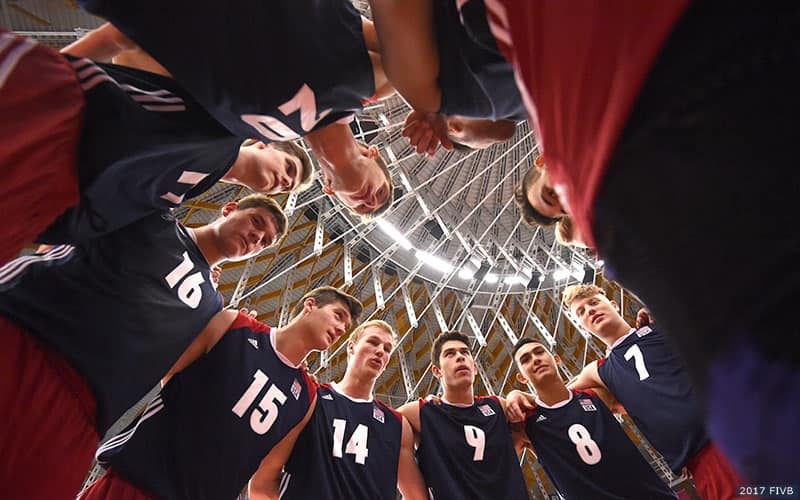
Much of our mental preparation comes just before a match starts.
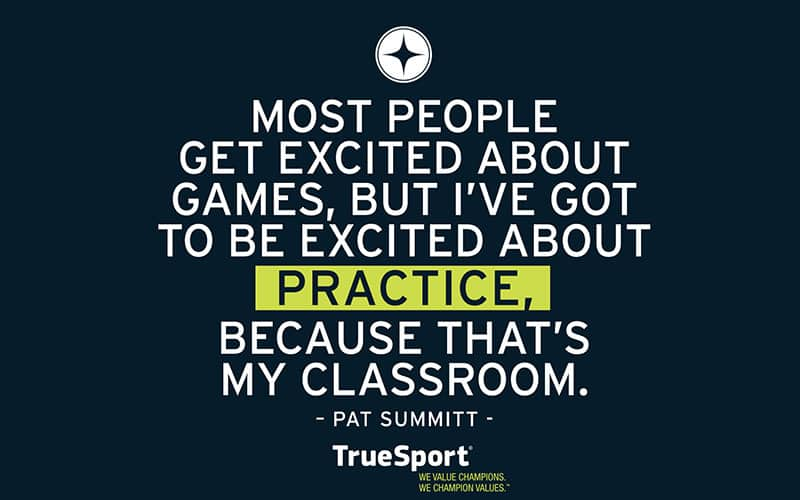
Get the most out of your volleyball summer camp experience by arriving prepared.
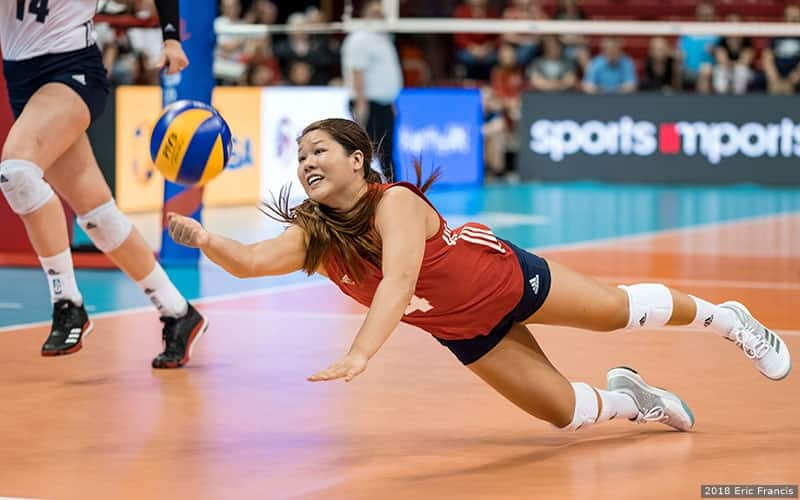
The libero's role is not limited to receiving serve, passing free balls and digging balls.
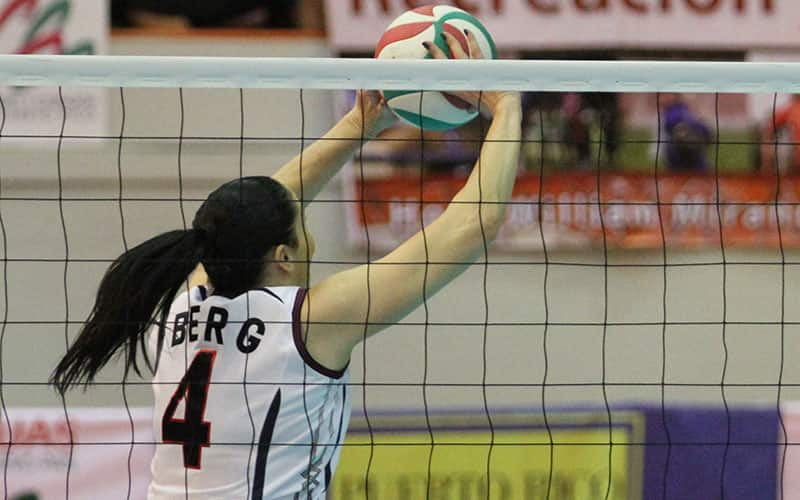
2012 Olympic silver medalist Lindsey Berg shares important points on being the best you can be.
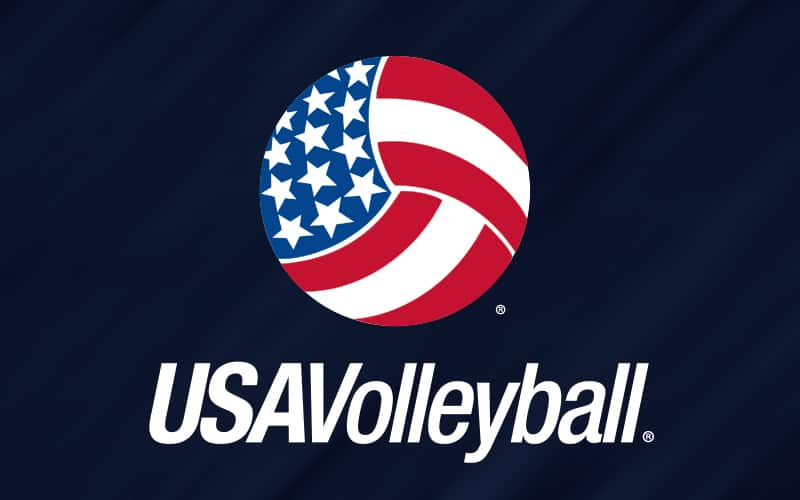
Hydrated athletes usually perform and feel better, so make sure your team members are getting enough water.

Having a tried-and-true nutrition plan ensures that the energy needed to achieve peak performance is there.
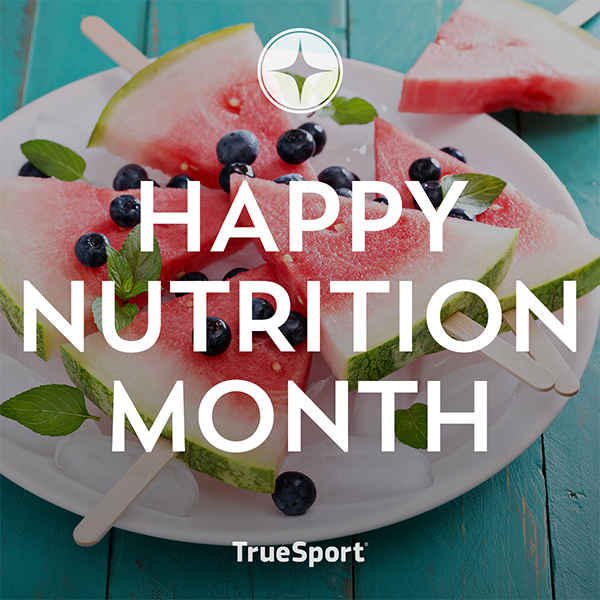
In the world of sports nutrition, there are a thousand different pieces of advice for what youth athletes should eat after a practice or competition.
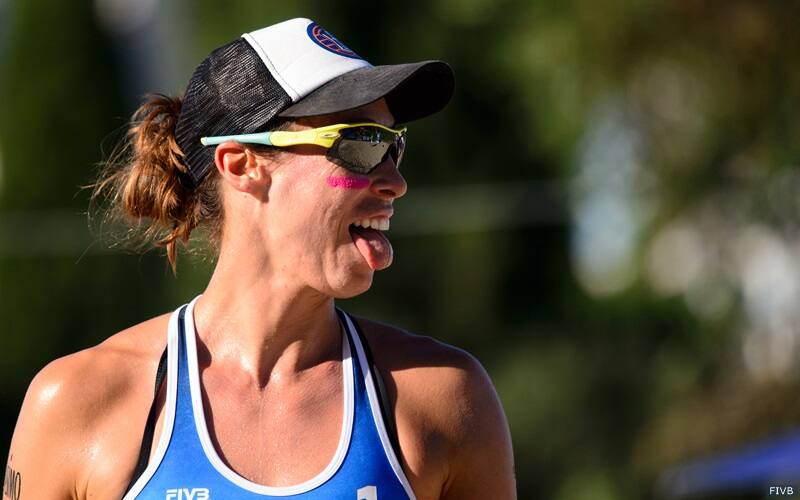
Hydration starts before you head out into the sun and continues after
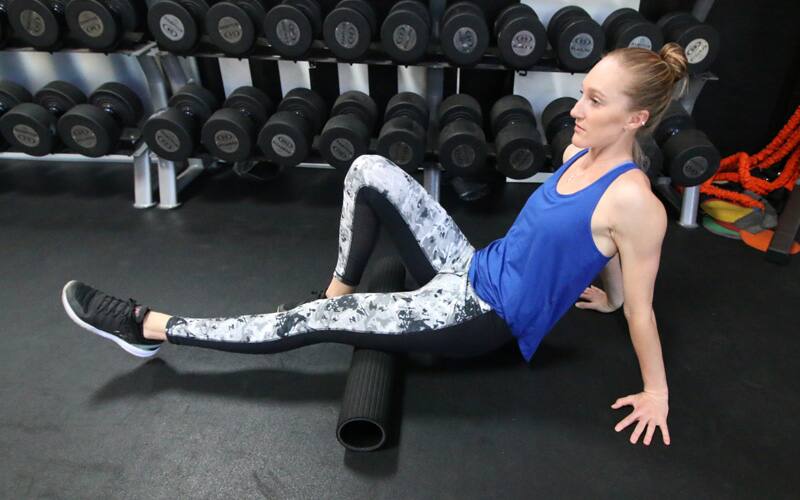
USAV Beach National Team athlete Emily Day gives tips on foam rolling exercises.
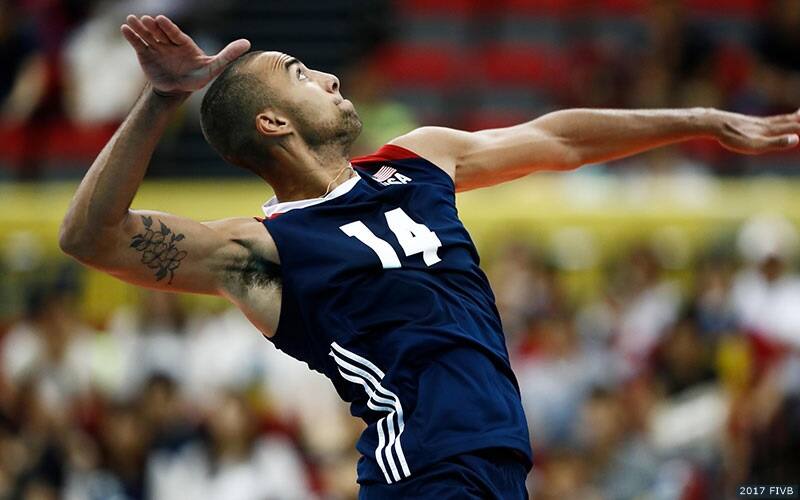
National team coaches and players weigh in on how to develop a tough, consistent jump float serve.
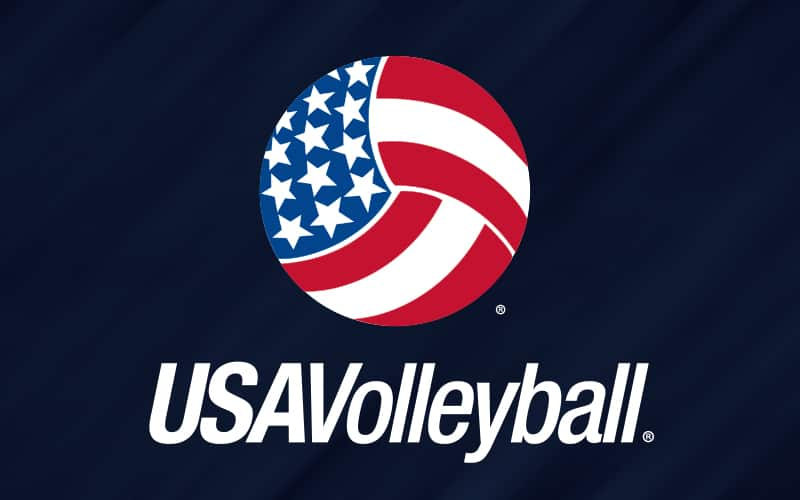
The mindset of a shot-maker is one of great vision and control of both the ball and his or her body.

Training for volleyball is training for life, if you make it a conscious reflection of what you want to do
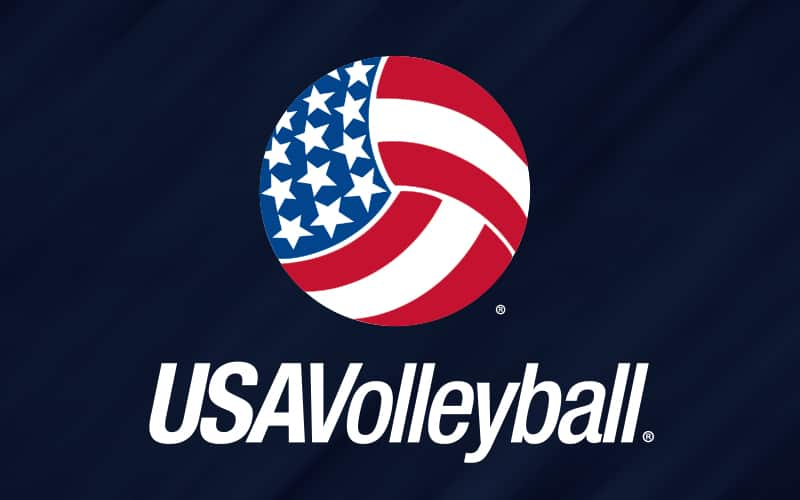
Anticipating and reading a situation to be a better defender